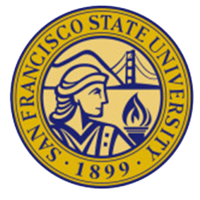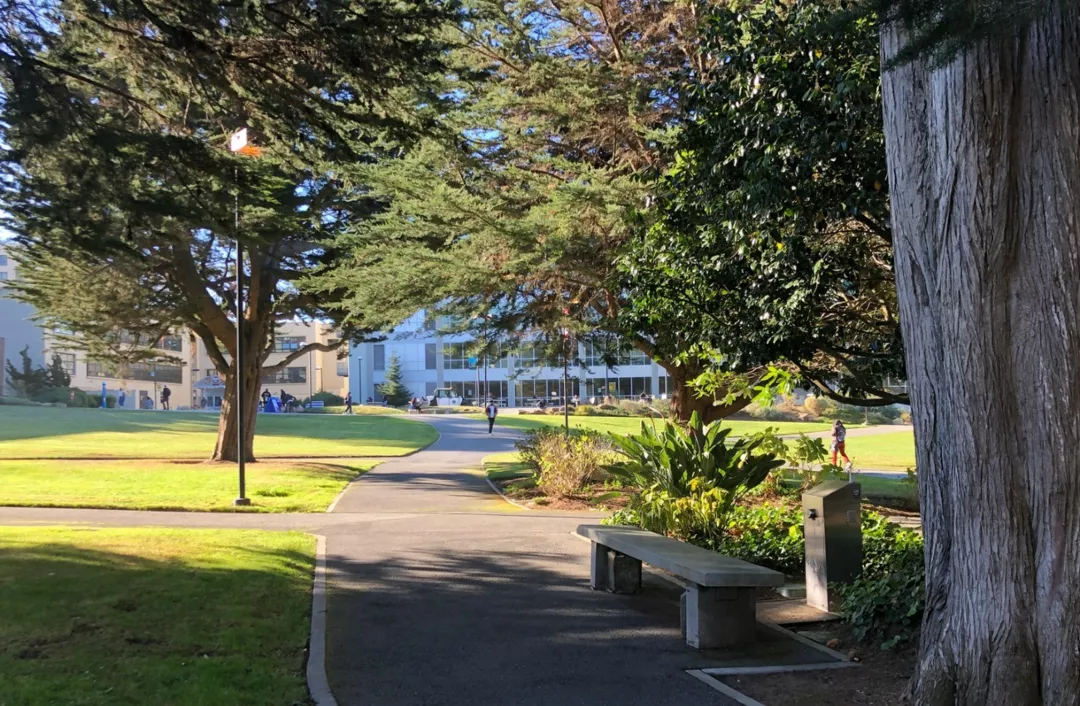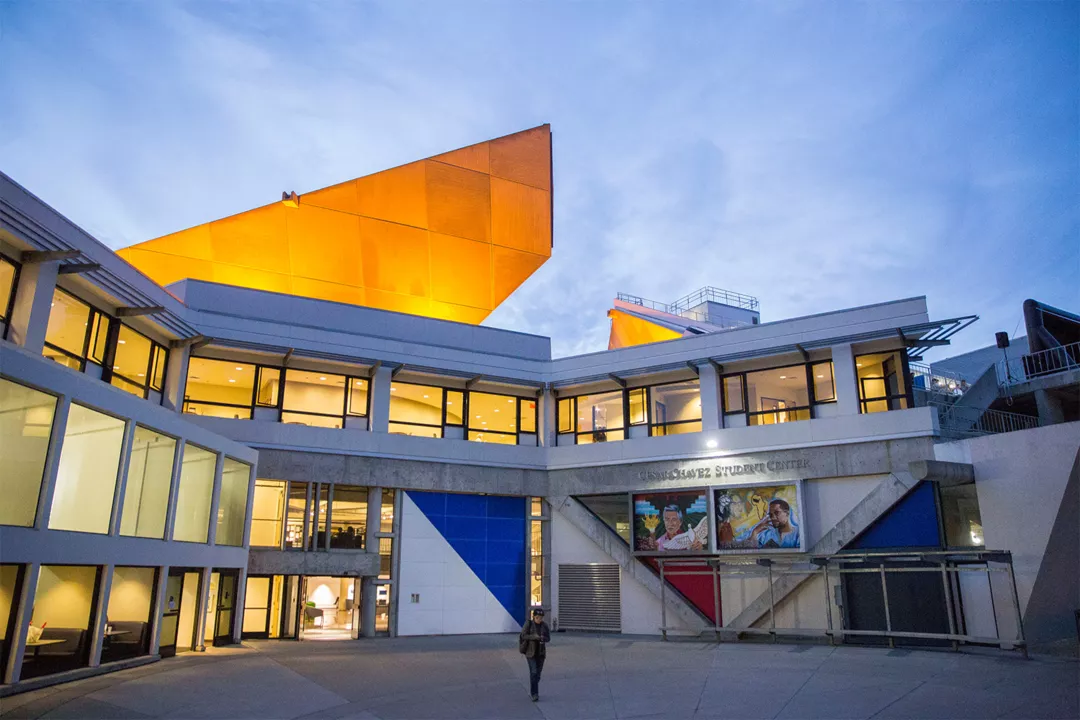-
hello@abroadcube.com
Mail us
-
Call For Help:
98779 83783
-
Whatsapp Us
70090 34921


Students in the M.S. Kinesiology program apply multiple perspectives to problems related to exercise, fitness, motor skill, and development in the contexts of activities of daily living, play, games, sport, and other forms of human physical activity. Graduates finish the program with strong theoretical and problem-solving skills, experience in the evaluation of current research in the field, and knowledge in the field of kinesiology. They are able to apply these skills in a wide variety of careers as well as further graduate study. The curriculum allows for a focus in exercise physiology, movement science, or social science.
Exercise Physiology
A focus in exercise physiology is intended for students who are interested in furthering their understanding of how the physiological systems of the human body respond to exercise. Exercise physiology is a multi-disciplinary field with strong ties to basic research, life sciences, and medicine. This emphasis offers a comprehensive study of the acute and chronic cardiovascular, respiratory, and metabolic responses to exercise; and the application of these concepts to exercise testing, prescription, and supervision in both healthy and diseased populations. Furthermore, an objective of the exercise physiology emphasis is to assist in preparation for certification as an Exercise Physiologist and/or Clinical Exercise Physiologist through the American College of Sports Medicine. Upon completion of the program, students will be prepared to further their education in a doctoral program or seek employment in a rehabilitation clinic, health club, wellness center, or other fitness settings. Kinesiology graduate students may earn a Certificate in Exercise Physiology by completing all requirements including three courses (9 units) in the emphasis that are marked with a number (1). This certificate is only for graduate students in the Kinesiology program.
Movement Science
A focus in movement science provides an advanced degree that prepares students to work in a variety of movement and health care settings, teach in community colleges or high schools, or continue postgraduate studies leading to a doctoral degree. Students explore the multitude of factors that influence the control of human movement and the way in which that control changes over time. In addition, students develop skill critiquing and analyzing movement using techniques from the neurosciences and biomechanics. Students ultimately apply their knowledge and skill in areas such as sports, dance, recreation, rehabilitation, teaching, coaching, and ergonomics. Kinesiology graduate students may earn a Certificate in Movement Science by completing all requirements including three courses (9 units) in the emphasis that are marked with a number (1). This certificate is only for graduate students in the Kinesiology program.
Social Science
A focus in social science is intended for students interested in advanced study of physical activity from within the socio-cultural, psychological, pedagogical, or at-risk youth development areas. Students who have been active in the fields of education and physical education and who are interested in or are currently pursuing a teaching credential will also find the program relevant to their career goals. The curriculum is designed so that students who are currently enrolled in the credential program can apply 12 units towards the master's program. In addition, students who previously received their teaching credential and are returning to school for the M.S. degree can design, with advisement, a program of studies from the courses listed below and other electives. Lastly, students can plan, with advisement, a program of studies within adapted physical education. Kinesiology graduate students may earn a Certificate in Physical Activity: Social Scientific Perspectives by completing three courses (9 units) in the emphasis that are marked with a number (1). This certificate is only for graduate students in the Kinesiology program.
Successful completion of the master degree requires that students demonstrate knowledge and skill in the following areas:
| Level | Masters |
| Discipline | Sciences |
| Duration | 24 months |
| Intakes | Jan, Aug |
| Application Fees | USD 0 |
| Tuition Fees | USD 13512 |
| Campus | Main |
| Language proficiency (minimum) | |
| IELTS | 7 |
|---|---|
| TOEFL | 80 |
| PTE | 65 |
| Duolingo | Not Accepted |
| Exam proficiency (minimum) | |
| SAT | Not Required / Waiver |
|---|---|
| ACT | Not Required / Waiver |
| GRE | Not Required / Waiver |
| GMAT | Not Required / Waiver |
Minimum GPA - 77%
QS Quacquarelli Symonds is the world’s leading provider of services, analytics, and insight to the global higher education sector, whose mission is to enable motivated people anywhere in the world to fulfil their potential through educational achievement, international mobility, and career development.
THE (Times Higher Education) has been providing trusted performance data on universities for students and their families, academics, university leaders, governments and industry, since 2004. We create university rankings to assess university performance on the global stage and to provide a resource for readers to understand the different missions and successes of higher education institutions.
The Academic Ranking of World Universities (ARWU) was first published in June 2003 by the Center for World-Class Universities (CWCU), Graduate School of Education (formerly the Institute of Higher Education) of Shanghai Jiao Tong University, China, and updated on an annual basis
The "Webometrics Ranking of World Universities" is an initiative of the Cybermetrics Lab, a research group belonging to the Consejo Superior de Investigaciones Científicas (CSIC), the largest public research body in Spain. CSIC is among the first basic research organizations in Europe. The CSIC consisted in 2006 of 126 centers and institutes distributed throughout Spain.


